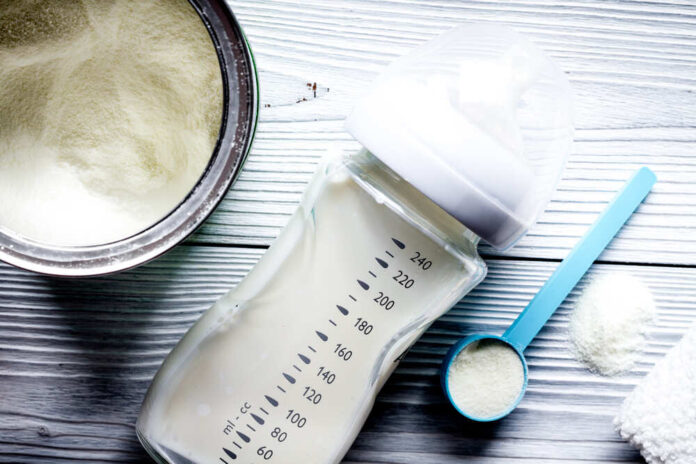
The ongoing baby formula shortage has persisted for over a year, with families nationwide still struggling to find essential supplies for their infants. Now, pharmacy owner Anil Datwani warns that the demand for formula is increasing while supply continues to dwindle. Despite promises from the Biden administration to work tirelessly to address the issue, the shortage remains a burden for American families in March 2023.
Recently, House Republicans initiated an investigation into the Food and Drug Administration’s (FDA’s) inadequate response to the mid-2021 baby formula crisis. House Oversight Committee Chairman Rep. James Comer (R-KY) has requested all communications from the FDA relating to the shortage and its response, revealing that a third-party review found the organization lacking urgency and motivation.
Baby formula 'getting harder' to find as supply dwindles, pharmacy owner warnshttps://t.co/cpgUOPOiMo
— Melanie (@MellieMAGA) March 25, 2023
The FDA has announced a restructuring plan for its food and nutrition division. Still, Comer is concerned that this superficial attempt does not provide real accountability or meaningful change. The restructuring has not led to any dismissals or reassignments, even though Commissioner Robert Califf admitted to Congress that the FDA’s response was slow and suboptimal. Califf has attributed the agency’s shortcomings to “mailroom issues” caused by the pandemic.
The baby formula shortage first emerged in the summer of 2021, forcing the military to import additional supplies from locations overseas. As a result, Abbott Laboratories, the maker of the popular formula brand Similac, has faced multiple lawsuits and investigations from the Department of Justice, the Federal Trade Commission, and the Securities and Exchange Commission.
In January, Califf announced a new vision for the FDA, consolidating food safety regulators under a “Human Foods Program.” However, this restructuring did not address the problems identified by an internal FDA review that hindered the agency’s response to the infant formula shortage. In addition, no person involved in the agency’s failures has been fired or reassigned, raising questions about the effectiveness of the FDA’s overhaul.
Frank Yiannas, the FDA’s top food safety official, resigned earlier this year, stating in his resignation letter that the structure of the foods program significantly impaired the FDA’s ability to function as an integrated team and protect the public. Califf acknowledged leadership changes but emphasized that no one would be reassigned or fired due to the infant formula situation.
The baby formula shortage has been further exacerbated by the temporary closure of Abbott’s plant last year, following a voluntary recall of several formula brands after reports of bacterial infections in infants. Although the plant’s closure and other pandemic-related supply chain issues have contributed to the nationwide shortage, investigations by the FDA, the Centers for Disease Control and Prevention, and an internal inquiry have not found a definitive link between Abbott’s products and illnesses in children.
It is now painfully apparent that the Biden administration’s efforts to address the shortages have been insufficient. The FDA’s restructuring and lack of accountability raise concerns about the government’s ability to respond effectively to such crises in the future. American families bear the brunt of this ongoing issue, with little relief in sight.














